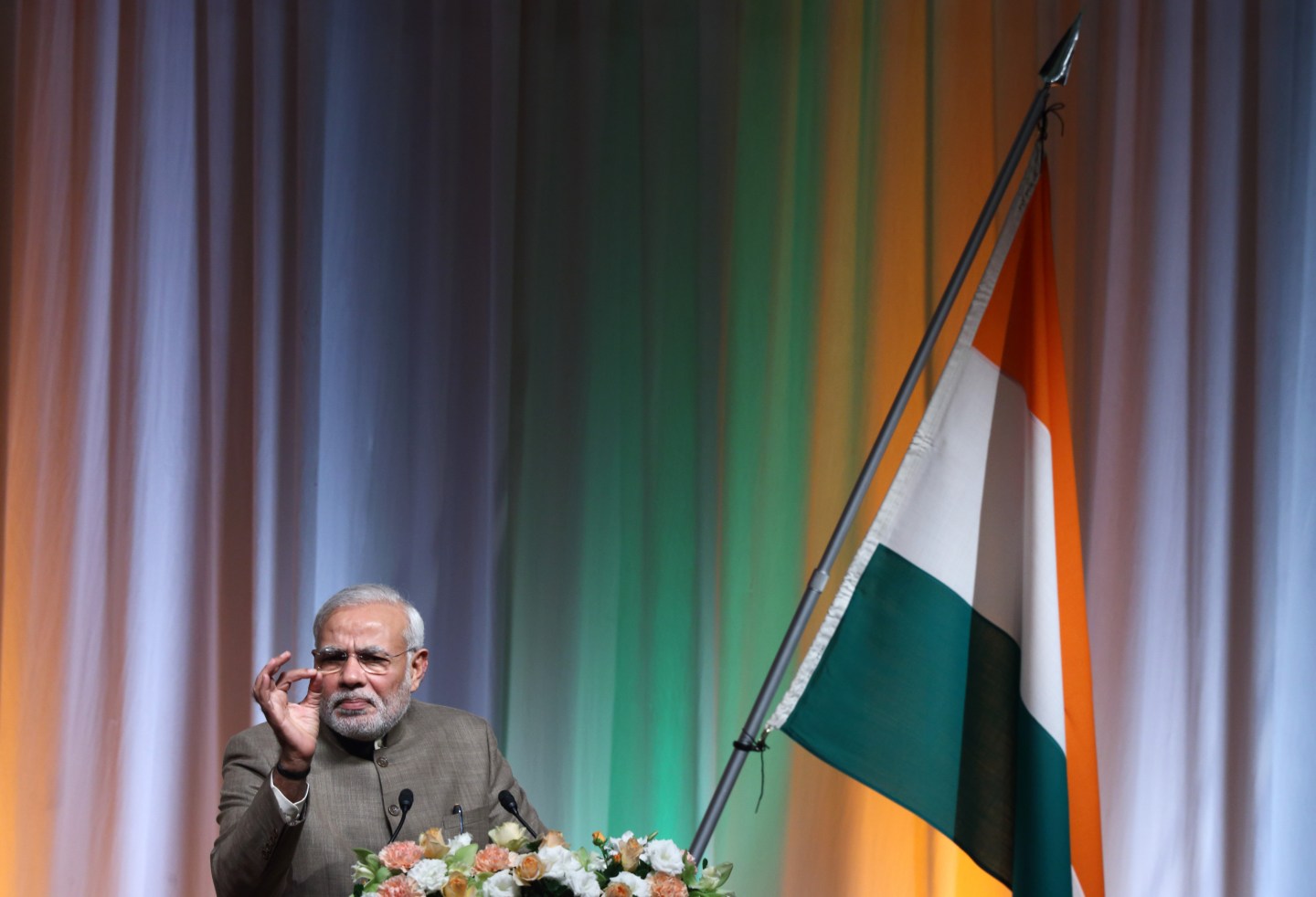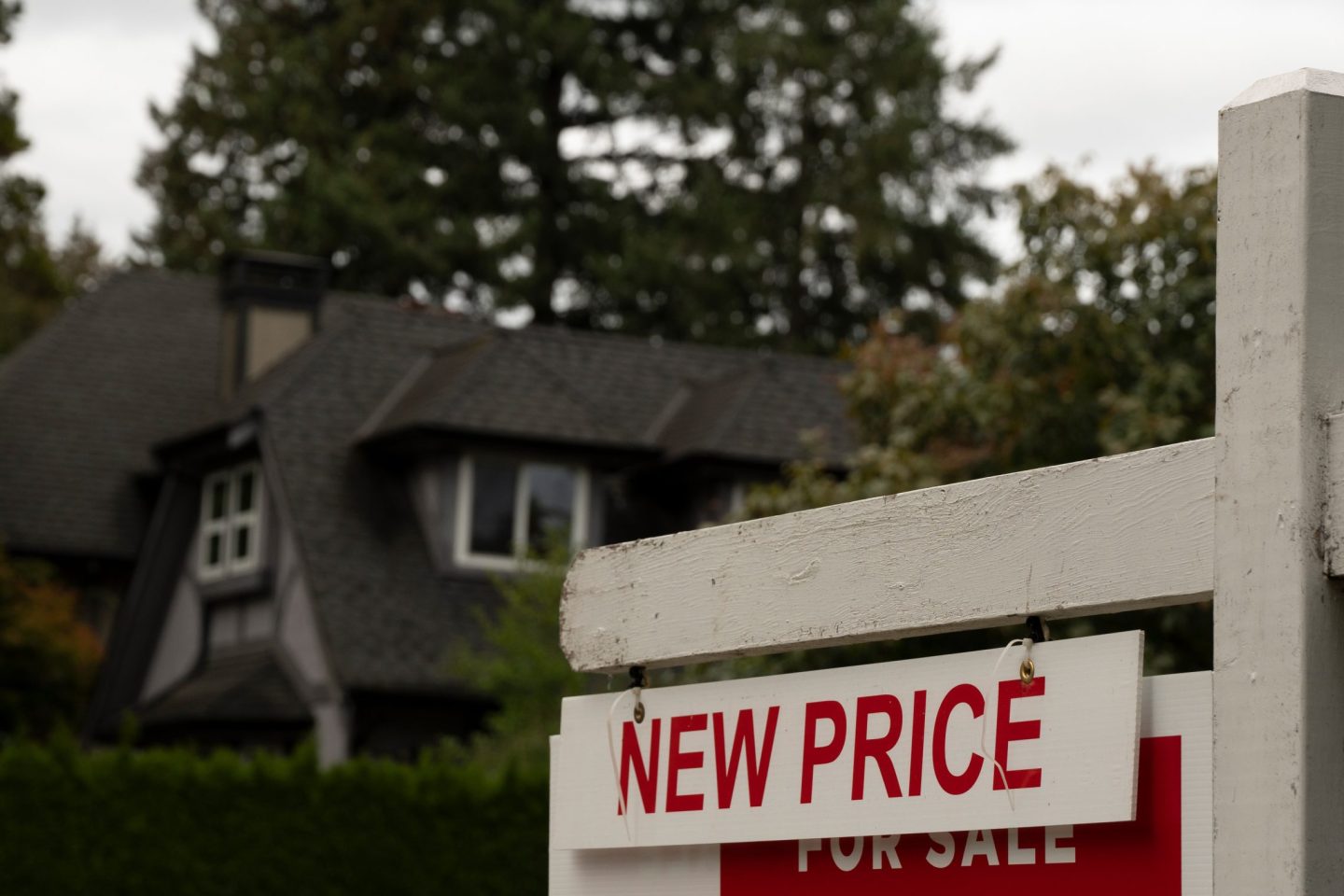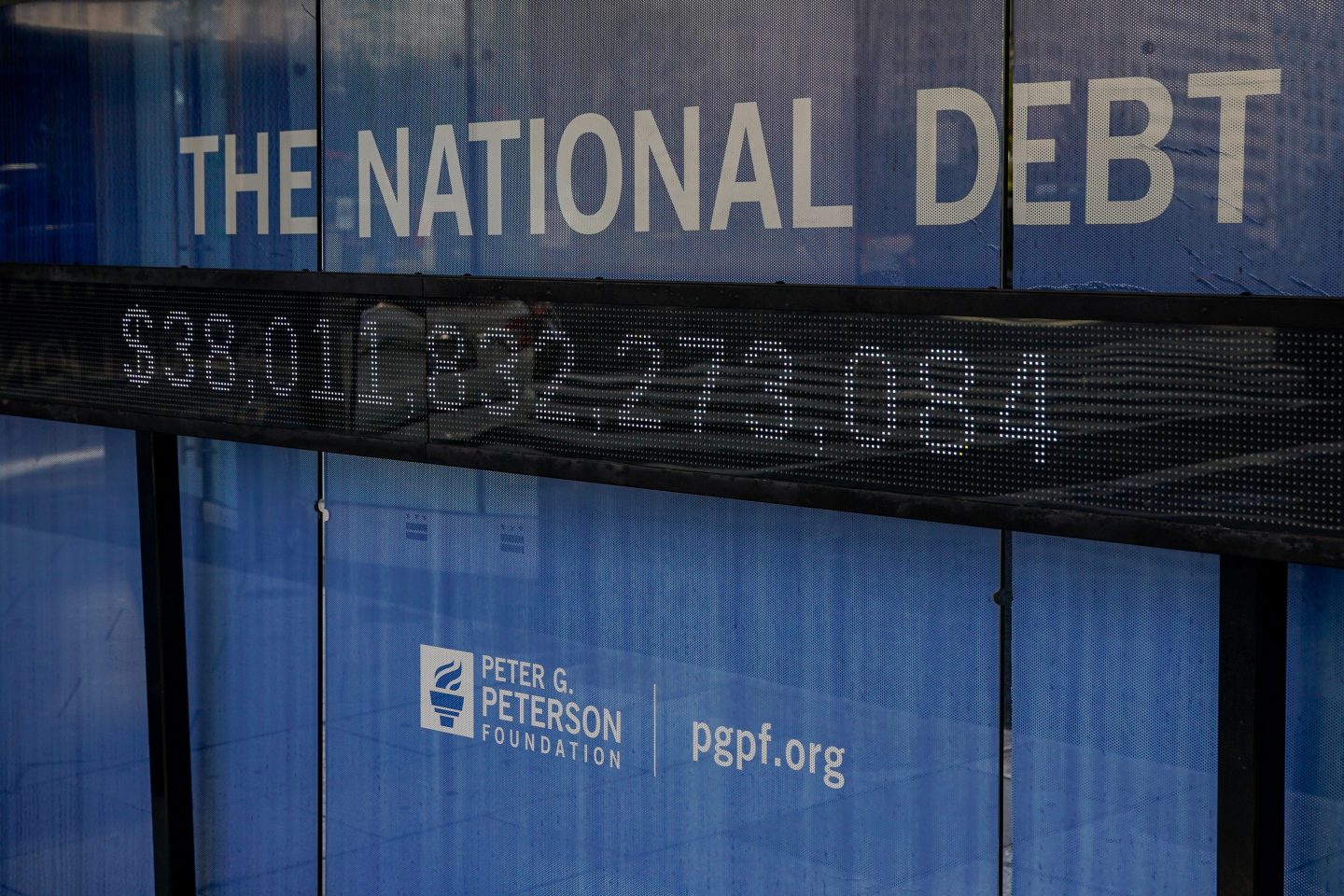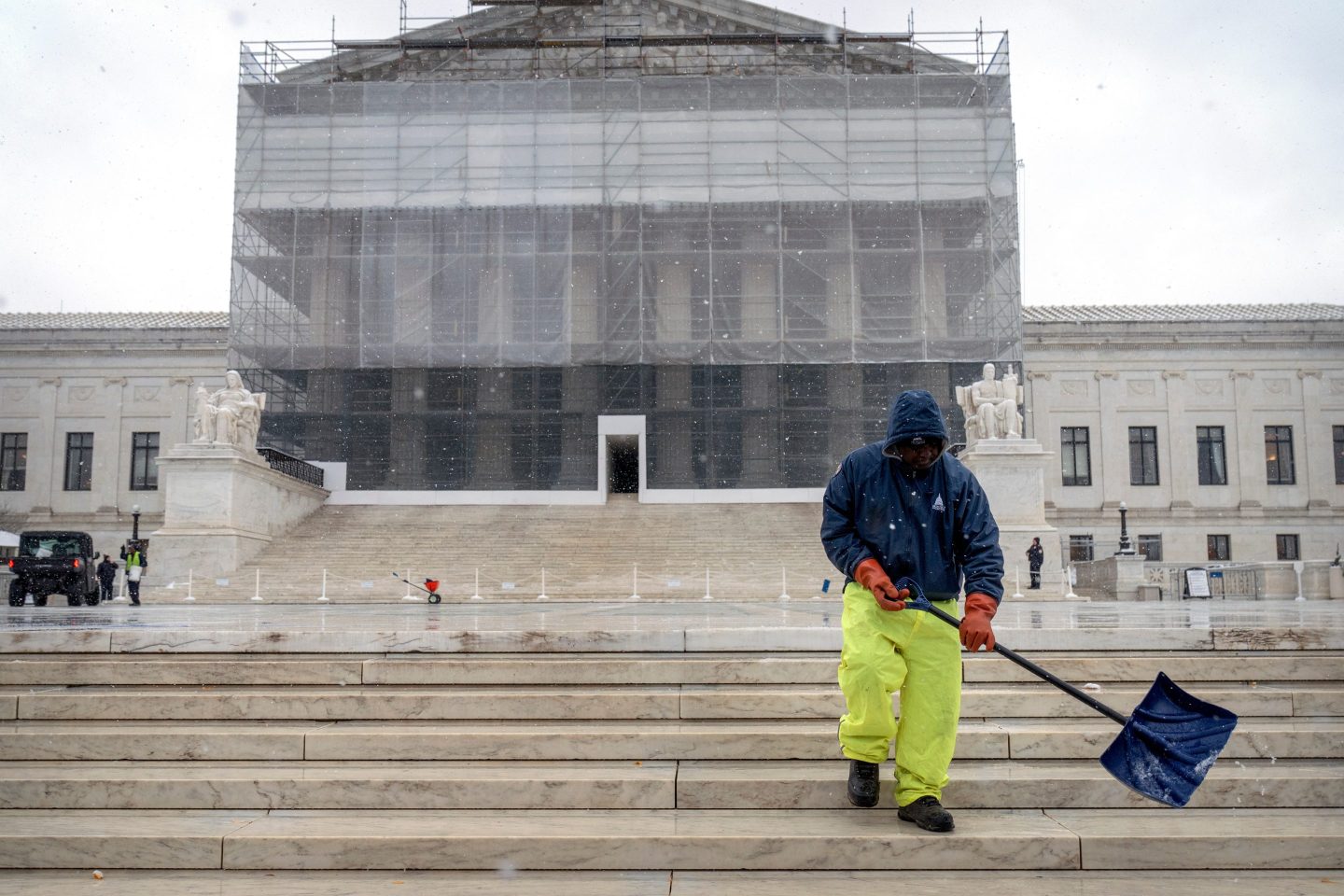India’s new Prime Minister Narendra Modi wooed Japan with the promise of endless prospects for investment–and, more importantly, cooperations in defense and security against an increasingly assertive China.
Modi had launched a thinly-veiled attack in a speech on China Monday, without explicitly naming it, deploring the “expansionist” tendencies of those with “18th century ideas, (who) engage in encroachments and enter the seas” of others.
His comments came in the context of a new “Special Strategic Global Partnership” with Japan, as both countries come to terms with Beijing’s rapidly increasing military power, and its apparent willingness to use it to back ancient territorial claims.
China and India went to war in 1962 over claims on parts of northern India that Beijing still hasn’t given up. Its disputes over islands and territorial waters in the East China Sea have caused tensions this year not only with Japan, but also with other neighboring countries, and sparked a lethal wave of anti-Chinese riots in Vietnam.
Modi returned to theme of defense and security Tuesday, saying that the shared democratic traditions of Japan and India made them natural allies (in contrast to certain other, unnamed, large Asian countries).
“If India and Japan together think about peace and positive things, we can make the world realise the strength of a democracy,” the Economic Times reported Modi as telling an audience of students.
That’s a theme that will play well in Washington, which Modi is scheduled to visit later this month.
It overshadowed a barnstorming sales pitch to Japanese business leaders Tuesday, in which the new Prime Minister promised that the country had replaced “red tape” with a “red carpet” for business, despite slapping heavy antitrust fines on Japanese carmakers last week for price-fixing.
“We have eased off on a lot of regulations,” he told an audience of businessmen. India was the only place that could offer Japanese industry “the three Ds – democracy, demography and demand,” he added.
Modi is reportedly eager to make Japan’s high-speed bullet trains a key part of his strategy to improve India’s infrastructure. While Indian media reported progress on that issue, they observed that there was less progress on sharing civil nuclear technology, which India wants to help plug its long-standing energy deficit and reduce its dependence on high-polluting coal.
Modi’s first 100 days in power have been warmly received by financial markets. The benchmark Sensex index has hit a series of record highs, helped by the news that the economy grew by 5.7% year-on-year in the second quarter, a sharp rise from 4.6% in the previous three months.
HSBC and Markit said Monday their Purchasing Managers Index for August showed manufacturing output slowing slightly from July but still growing strongly.






